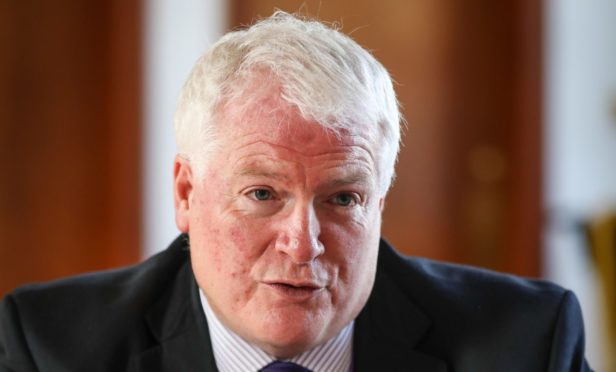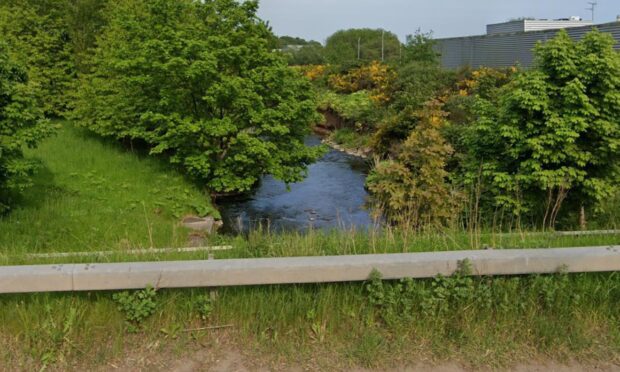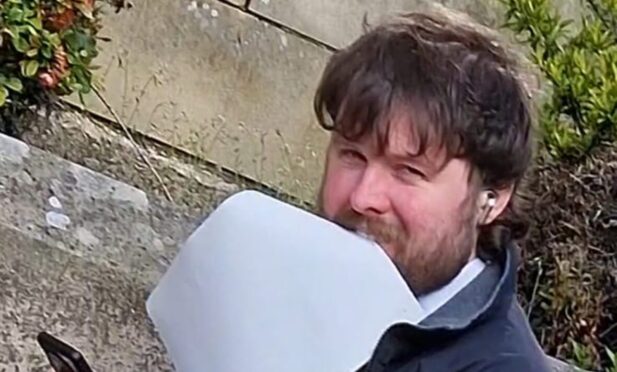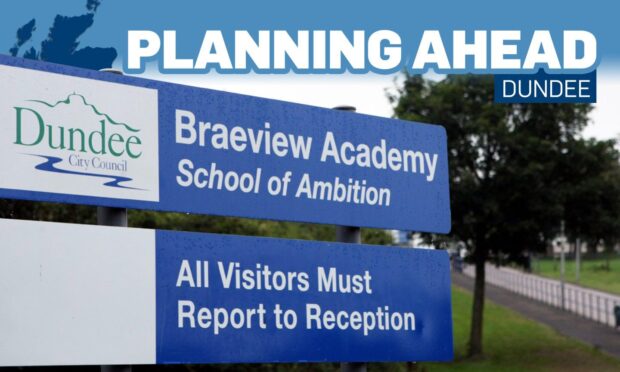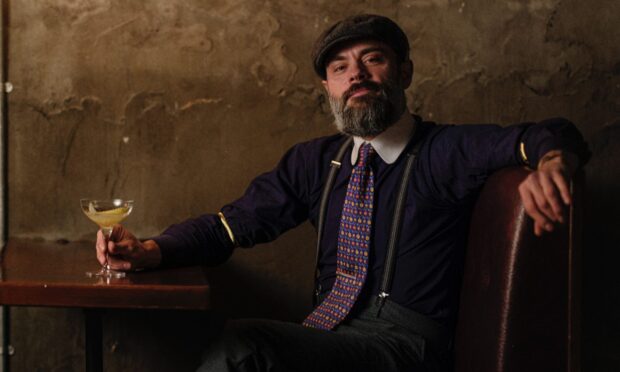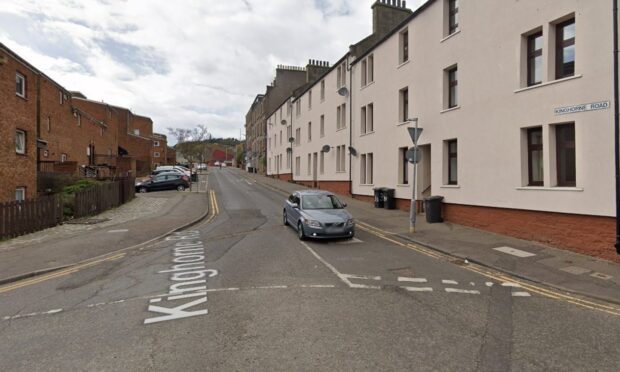Dundee school pupils will be moved to church halls and libraries to allow for social distancing if a second wave of coronavirus comes.
Education chiefs in the city say they have a back-up plan ready to go if schools can no longer run at full capacity due to rising infection rates.
The contingency plan would involve “blended learning” between schools and home, and could see just 50% of pupils in a classroom at one time.
Paul Clancy, Dundee City Council’s executive director of children and families, said the plan was prepared during the summer and was ready to go before Scotland’s education secretary announced pupils would return to school full-time on August 11.
He told members of the children and families committee on Monday night: “A lot of work went into the contingency plans we were fully ready to do that until about two weeks before schools started back.
“We tried to optimise a 50% model and had almost managed that across the school estate.
“We learned a lot about working with pupils from a distance during lockdown and the blended project will be easier than that.
“I’m not pretending it’s an easy option and it’s not an option that we are looking to implement. We want all school pupils to be back in, that is plan A.
“I’m very confident that if it were ever required, the contingency plan could operate.”
Audrey May, the council’s chief education officer, said additional staff have been hired to teach in community buildings, if needed.
She added: “We had plans for a mixed model for 50% [capacity].
“For schools struggling to achieve that there was a mix of church halls, community halls and libraries to support them.
The default position if we had to close a school is we would go to that model. It’s a mixed picture and it’s still there if we need to go back to that.”
Ms May also said it is not yet known if exams will run as normal next year, adding that teachers have been asked to “robustly assess” pupils in case they cannot go ahead.
Georgia Cruickshank, Scottish Labour councillor for Maryfield, called on the Scottish Government to provide cash for every pupil to be given a digital advice to help them catch up on work they missed during lockdown.
She said: “This seeks to enhance opportunities for young people to gain access to digital devices to facilitate online learning.
“We have been through some terrible times and children and young people have suffered greatly, particularly their learning.”
The motion was unanimously accepted, with Mr Clancy pointing out that more than 2,000 devices are already on their way to pupils.
